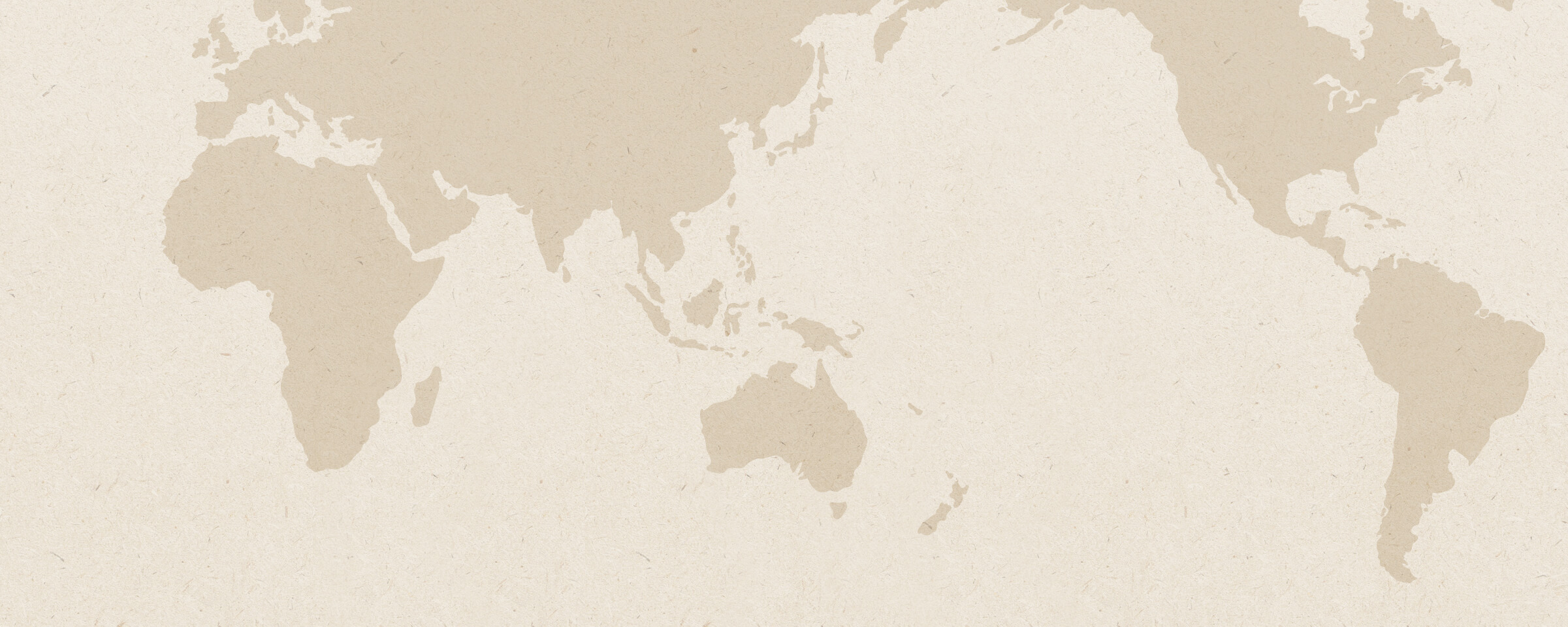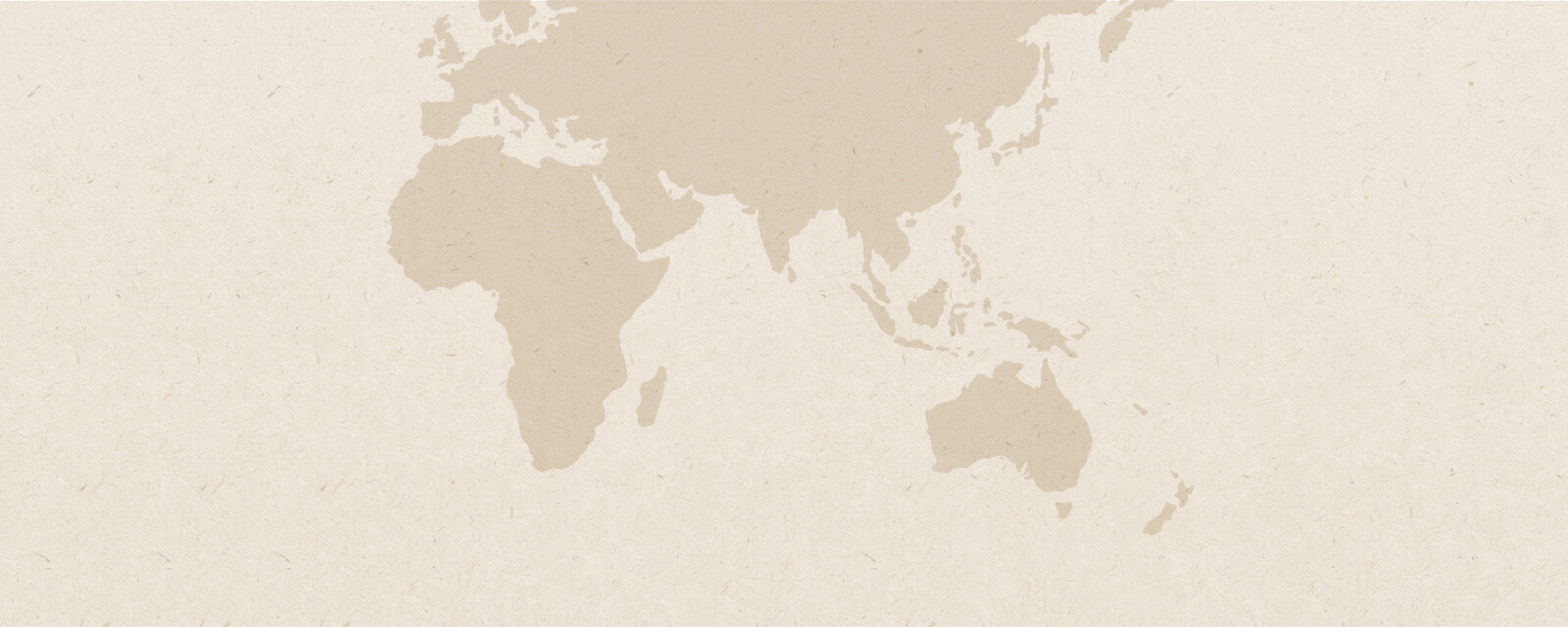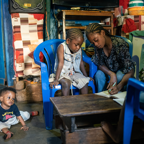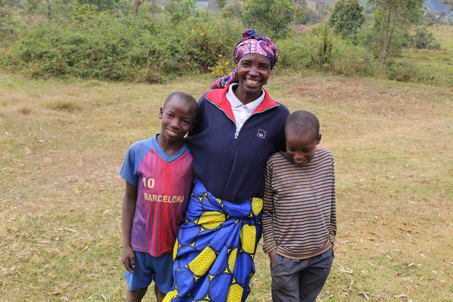Where We Work
The Democratic Republic of the Congo
The Democratic Republic of the Congo is the largest country in Sub-Saharan Africa with a population of over 95 million.
A combination of ongoing conflict, food insecurity, natural disasters, a lack of access to basic services, poor governance, recurrent outbreaks of disease and political instability means that the DRC is one of the most fragile countries in the world.

Rosalie (standing) attends a Saving and Internal Lending Community group (SILC) meeting near her home in eastern Democratic Republic of Congo. Rosalie is now the president of this SILC group which provided a loan to start her business. Photo: Arlette Bashizi/Caritas Australia
The impact of your support in the Democratic Republic of the Congo



Rosalie's children are doing homework at home in the Democratic Republic of Congo. Credit: Arlette Bashizi/CAFOD
Democratic Republic of Congo
Population: 173 million people

Rosette and her children have hope for a better future through your support. Photo Credit: Caritas Bukavu
Children can spend more time at school instead of working in mines.

Rosalie (standing) attends a Saving and Internal Lending Community group (SILC) meeting near her home in eastern Democratic Republic of Congo. Rosalie is now the president of this SILC group which provided a loan to start her business. Photo: Arlette Bashizi/Caritas Australia
Young women who have been through trauma can learn vocational training skills.

Rosalie outside home with some of her children in eastern Democratic Republic of Congo. Photo: Arlette Bashizi/Caritas Australia
Families can improve their food security so that their children don’t have to go to sleep hungry.

From her life as a former child soldier in the DRC, Rosalie is a now a business owner, a community leader and a role model for other ex-combatants seeking to readjust to civilian life. Photo: Arlette Bashizi/CAFOD
Young people are equipped with the skills to improve their employment prospects.

Rosalie’s story
Rosalie is an ex-combatant who lives with her husband and seven children in the Democratic Republic of the Congo. Forced to join the army when she was just 14years-old, Rosalie experienced significant trauma and hardship during her years in the military. After she was demobilised from the army, Rosalie, like other ex-combatants, was left to fend for herself in the community.
With your generous support and through our local partners, Rosalie was able to connect with other members of her community and participate in business skills training to help her to reintegrate into society.
She joined a Saving and Internal Lending Community group (SILC), which helped her with a loan to start her own small business selling second-hand shoes and natural remedies. She has now become the SILC group’s president, helping other women to start their own businesses.
Rosalie has become a role model for other ex-combatants who are seeking to readjust to civilian life. Her leadership is inspiring others to overcome the trauma and violence of the past and to work towards a more peaceful and harmonious world for future generations.
“The program allowed me to learn to work hand-in-hand with other members of the community... I learnt that there is more joy in sharing with others,”

Rosalie’s story - From Child Soldier to entrepreneur
You can help
Donate today
Your donation today can help support long-term programs in the Democratic Republic of Congo and other countries around the world.
Become a Caritas Neighbour
By signing up to become a Caritas Neighbour, your monthly gifts can help transform lives today, tomorrow and every day.
Give a Global Gift
Give a gift that can change a life and transform a community.












